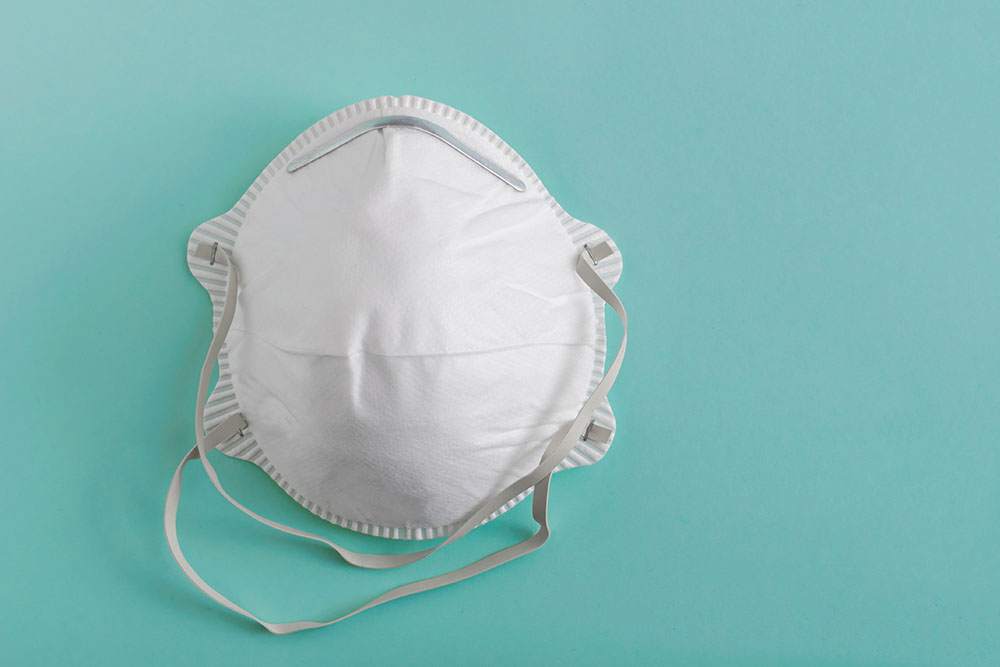As states across the country continue to lift their stay-at-home orders, consumers and employees alike are voicing their concerns about returning to businesses and the workplace.
“COVID-19 has changed every aspect of our daily lives,” says Colleen Costello, CEO of Vital Vio, a healthcare solutions company that created planet-friendly antimicrobial LED lights. “Even though businesses have already started reopening, the fear of disease and infection remains prevalent across our nation.”
“Our new survey, ‘Wellness in a post-COVID World,’ has shed light on Americans’ concerns, touching on what the fear of disease could mean for the future of the workplace. Our data reveals that many Americans are hesitant to return to their previous work routines, even if the government deems it safe,” Costello adds. “In fact, 25% would even leave their job if their workplace doesn’t make stronger investments in cleanliness.”
“For places of work, this means sanitation needs to be their priority in order to create an environment that employees feel safe, healthy, and protected,” Costello suggests.
Creating a Healthier, Safer Workplace
The COVID-19 pandemic has been difficult to navigate, as some who are diagnosed with it never have any symptoms, while others who are diagnosed may end up having life-threatening symptoms. There are many who are walking around with the virus and simply don’t even know they have it. This is a cause for concern for everybody.
Never has “wash your hands” been more important than in the COVID era, and simply washing your hands isn’t enough. In order for workers to feel comfortable going back to work, they must know their employers are taking every precaution to create a safe and healthy work environment.
According to the Vital Vio survey report, 17% of respondents are planning to wait a few weeks to go back to the office once it’s deemed “safe,” 11% are planning to wait 1–2 months, and another 11% are saying they will work from home indefinitely.
Americans want employers to focus on protecting workers from harmful germs, finds Vital Vio. As Costello mentioned, 25% of respondents say they would even leave their job if their employer doesn’t make investments in cleanliness, and this number is even higher for Millennial (31%) workers.
What’s Normal Now?
“We’re living a scary reality and getting back to ‘normal’ may not be possible,” Costello says. “When it comes to going back into the office, employers now have the responsibility to ease concerns. Health and wellness takes on a whole new meaning beyond corporate fitness memberships and kitchen snacks.”
“At Vital Vio, we expect cleanliness in the workplace to be at the forefront of decision-making as many organizations are looking to invest in innovative and automated technologies to mitigate the spread of germs around the clock,” she adds. “This means that the future of workforce protection will take on a whole new meaning.”
The Vital Vio report identifies three areas where employers can focus their efforts to ensure workers are returning to a safe and healthy environment. These include:
- Implementing a social distancing policy. “Americans should be prepared to implement new ‘distancing’ standards in their daily lives,” suggests the report. “For businesses, making customers and employees feel safe may require limiting the number of people in a building or ensuring that workers’ desks are spaced at a comfortable distance away from others.”
- Investing in “smarter” cleaning methods. Technology has been great for keeping workers connected while being forced to stay home, but have you considered using technology to keep your workplace clean? The Vital Vio survey shows that chemical cleaners and disinfectants continue to be the primary means for keeping surfaces free of germs. “However, there’s now a growing demand for innovative tools that supplement current intermittent cleaning practices, both by individuals as well as public spaces and businesses,” it finds.
- Communicating and educating workers on healthy habits. “Americans must take the time to understand, at a high level, how germs spread and concrete steps they can take to better protect themselves,” says Vital Vio. “From a business perspective, communicating new protocols and standards they’ve put into place will be essential to creating safer public spaces and easing Americans’ concerns.”
It’s understandable that workers are having doubts about returning to the office, but if your business or organization can’t fully sustain a remote workforce once this pandemic ends, you must take extra measures to make sure you’re communicating your processes to employees regarding how you’re keeping their work environment clean and what you’re doing to keep them protected.

